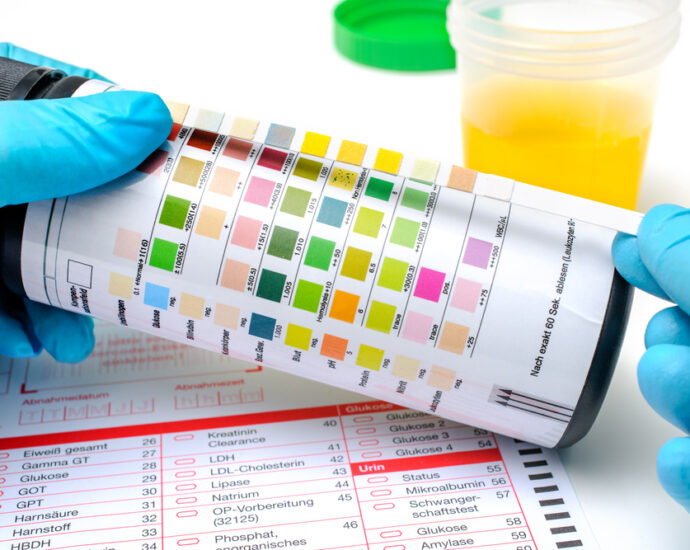The landscape of drug usage in the United States has changed dramatically in recent years. Not only do state laws vary on which substances are legal and to what degree, but related legislation has also been left up to the states. Namely, employment drug testing laws, which are only deemed legal in 5 US states. The majority of the states consider it legal with caveats or have no specific legislation on the matter at all. Despite hundreds of new bills related to drug testing being introduced in 2024, there is still work to be done to keep Americans safe while at work.
The legalization of marijuana for both recreational and medical use forever changed our degree of tolerance for overall substance usage in the US. Over the past 5 years, research has shown a 45.2% increase in positive marijuana tests. Experts warn that this could have serious implications for safety-sensitive industries. In fact, there has already been an observed 10% increase in workplace injuries associated with recreational marijuana laws. In order to mitigate this risk, many states and industry leaders have begun cracking down on drug test tampering and have put more drug testing policies in place.
States like Pennsylvania, Texas, and North Carolina are amongst the 10 states currently leading the charge in anti-cheating policies. These policies for drug testing may include detailed check-in times for testees, adulterant tests, or dilution detection among other methods to discourage foul play during the testing period. Additionally, vulnerable industries like energy, transportation, manufacturing and construction are also starting to test their workforces more often. These actions are showing a commitment to fostering a compliant and clean work environment for all. Especially as drug leniency continues to grow within the United States legislation on both a federal and state level, it is more important now than ever to prepare businesses for the future of drug testing.

